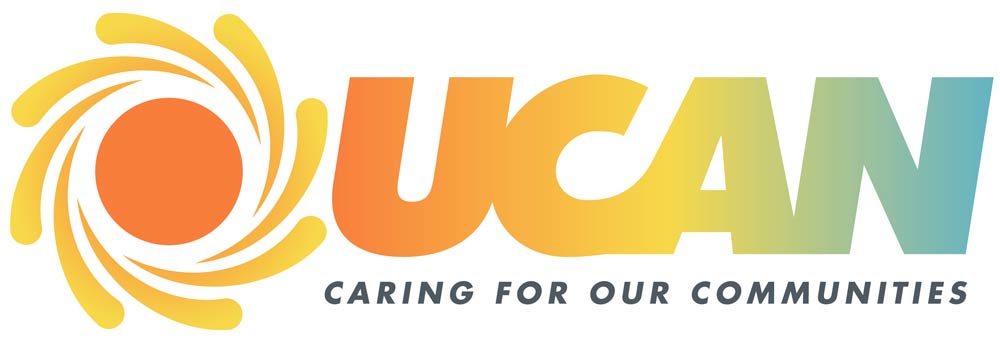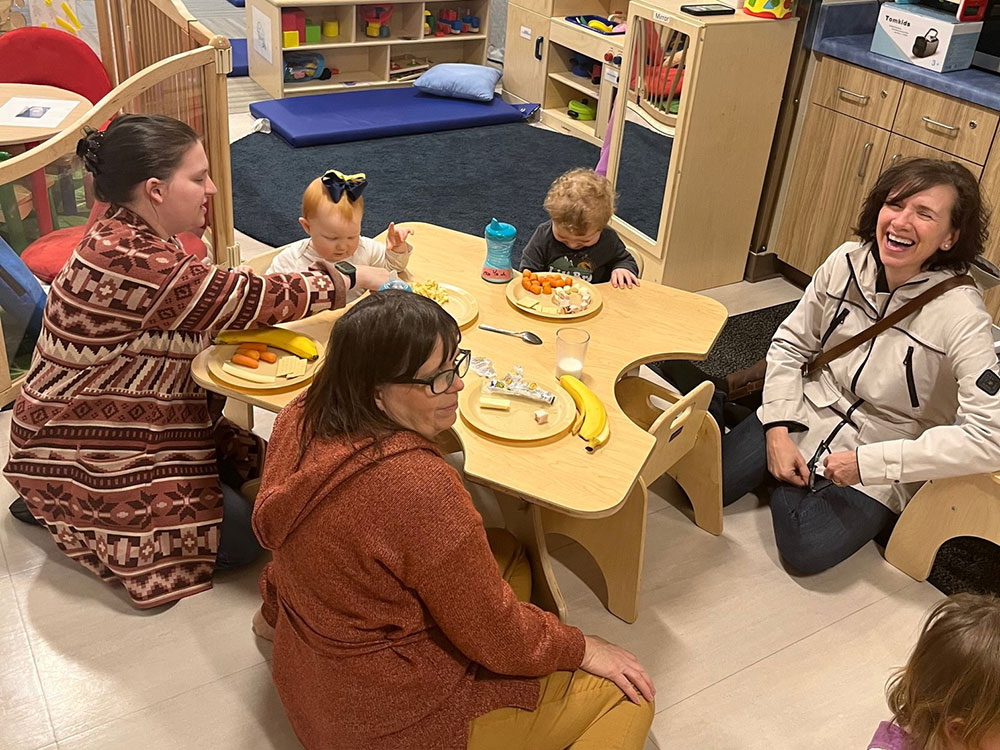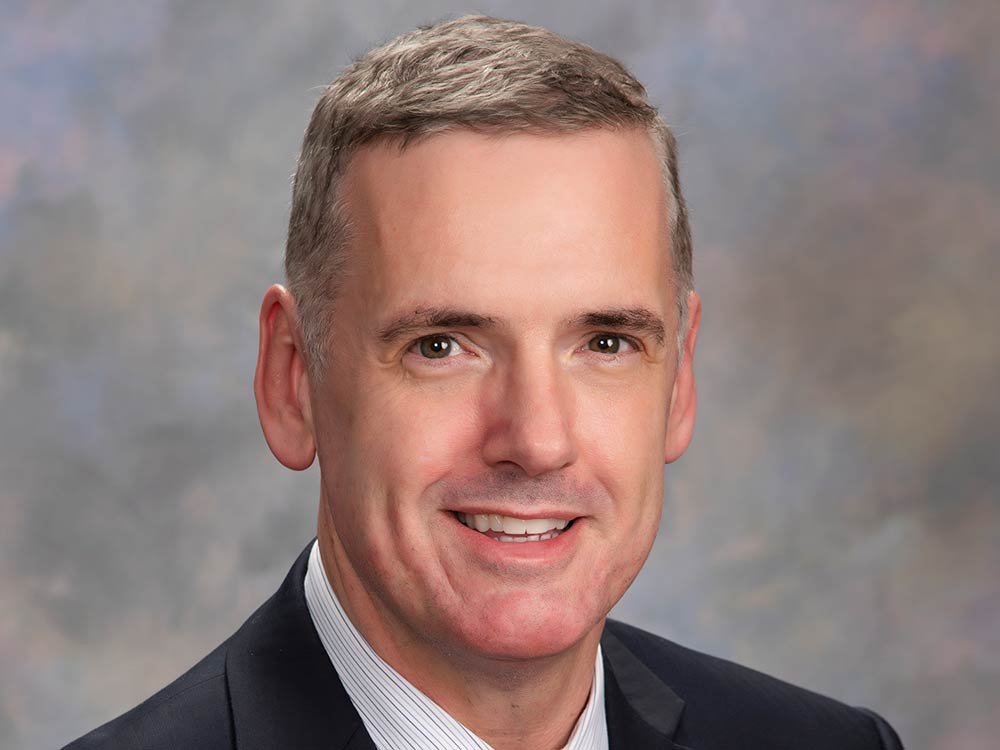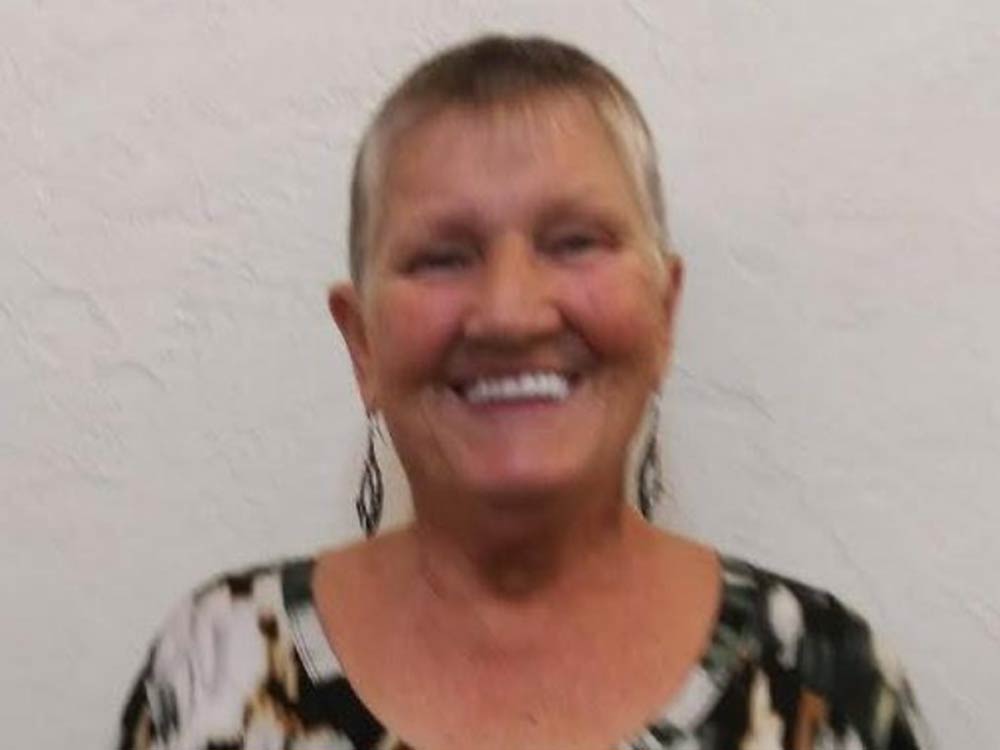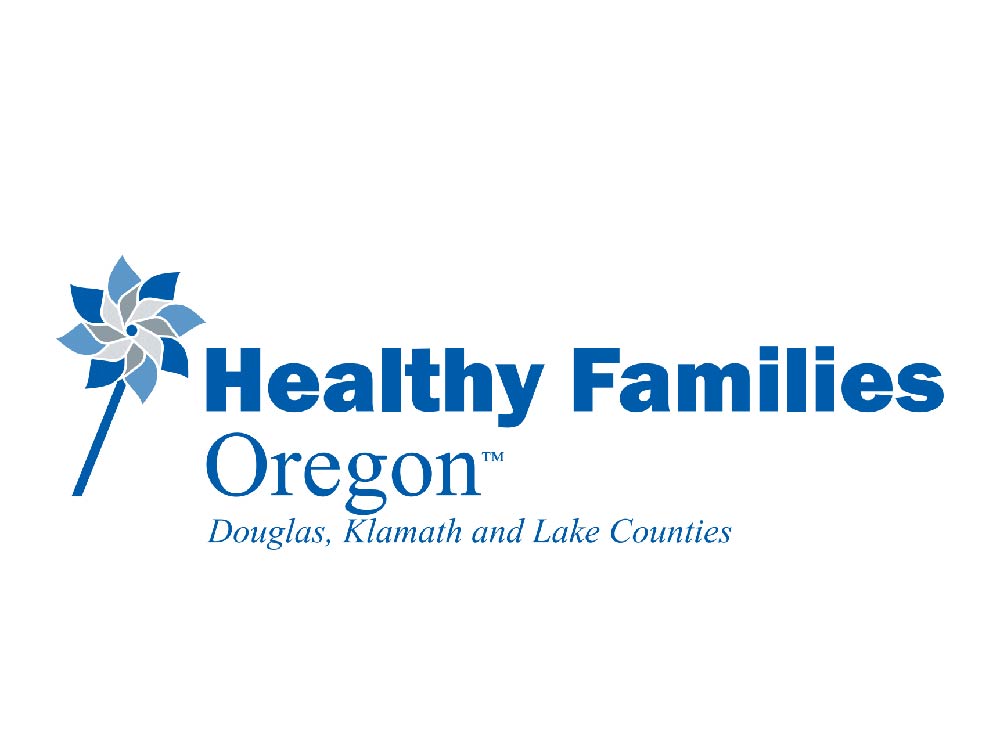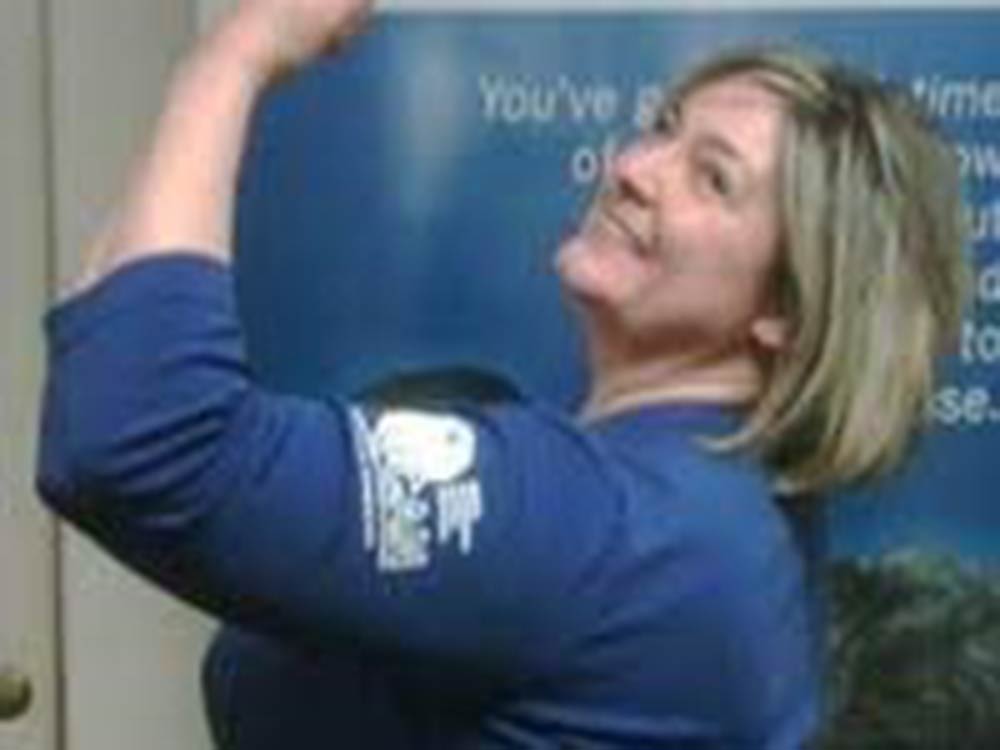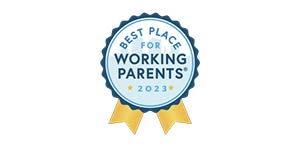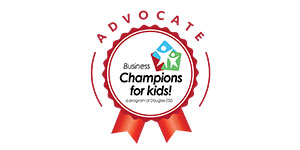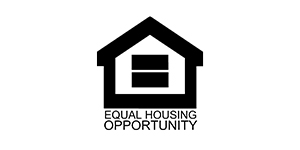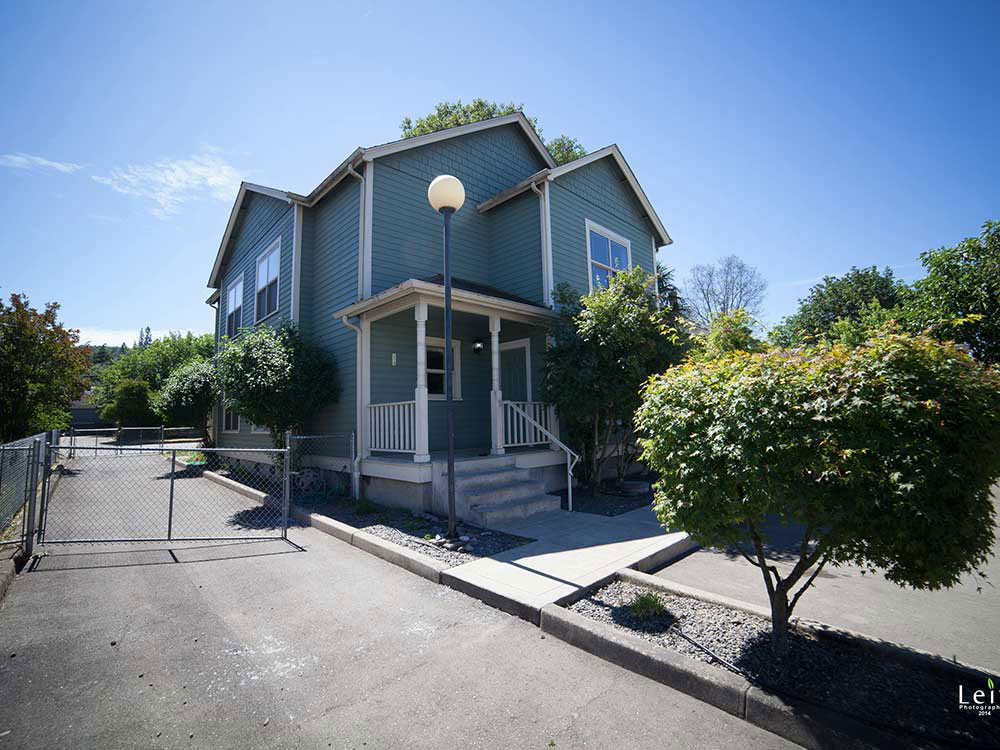
What happens after you’ve left your home as it goes up in flames? After fire fighters have done their best to put out the fire, rolled up their hoses, and left?
Early on Saturday, January 28, 2023, a family of four living in a double-wide manufactured home in Roseburg awoke to smoke and flames. The father, mother and their two children (ages 8 months and 15 years old) were able to safely evacuate the house and contact 911. The fire moved through the house so quickly they were unable to save their two dogs. Despite the efforts of 13 fire fighters, the house and all their belongings were a complete loss. The family was left with nothing except the clothes they were wearing that morning.
Red Cross made arrangements to put the family up in a local motel for a few days and provided a cash card so they could purchase a few things. But the family needed far more help, and came to our UCAN offices when we opened on Monday. They waited, not knowing if there was anything we could do to prevent them from becoming homeless. Our Executive Director met them in the lobby, and after chatting with them a bit, ensured appropriate staff were made available immediately to assist them.
Jami Daves, our Housing Services Coordinator, and Erica Kimrey, our Gary Leif Navigation Center Program Manager, were soon sitting down with the family. Both Jami and Erica listened carefully to ensure they could best address the family’s needs. Housing was top priority. We provided the family with a two-week motel voucher so they had a safe, warm place to stay in the short-term. Erica and Jami made sure other basic needs were met, arranging for food, clothing, and hygiene items. They also provided items the couple needed so they could continue working. They even provided a Pack ‘n Play portable playpen for the toddler. We continue to work with this family to help them find a permanent housing solution.
Many folks, like this family, are at-risk of homelessness because of issues beyond their control: fires, costly medical treatments, loss of work. Working together, we can all ensure that nobody spends a night without shelter. Consider donating to our housing program so all can find a home.
